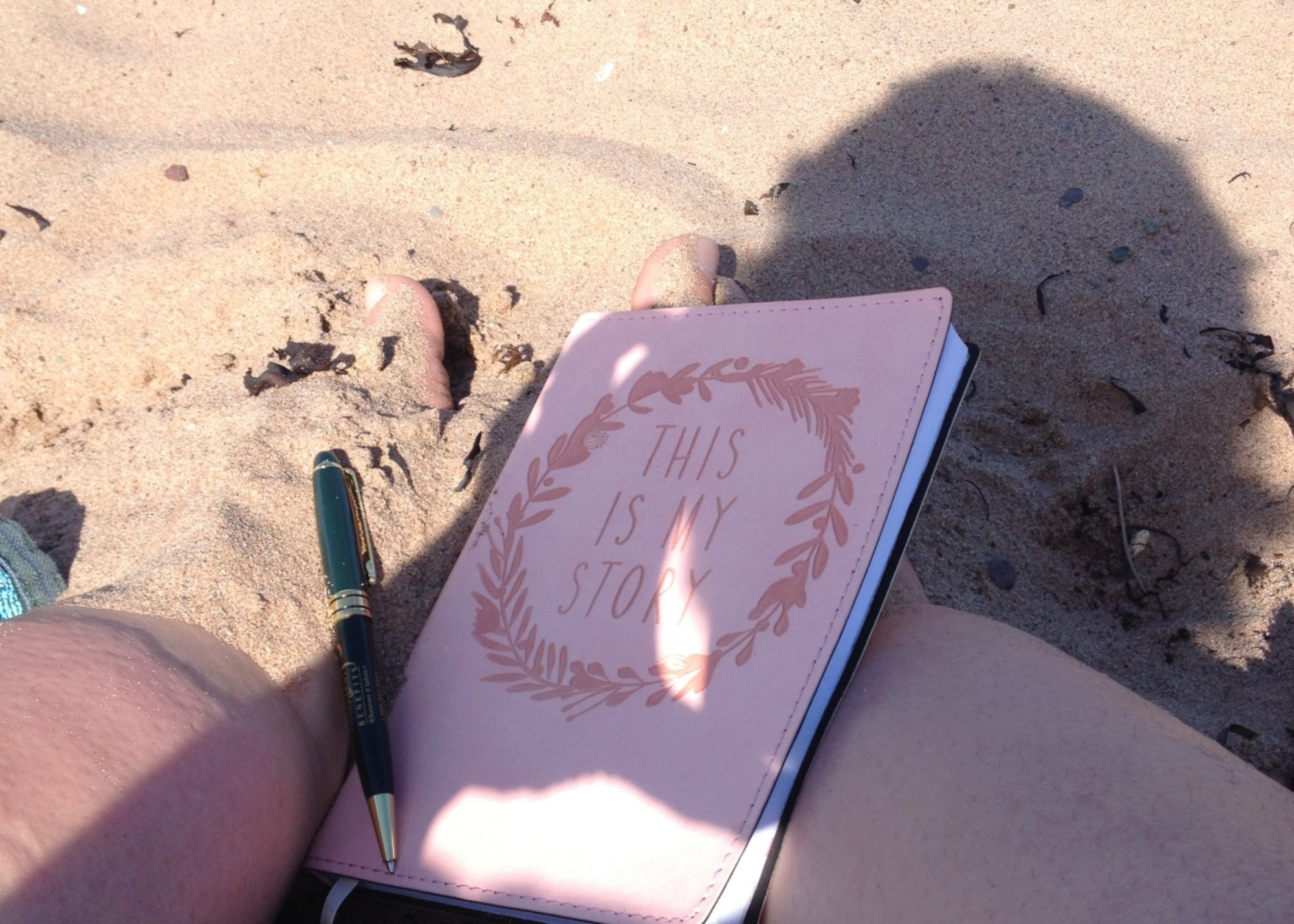
Last week I was sulky because of the rain pelting on my window. I had a powerful lesson handed to me a few hours after that, as our century-old giant silver maple succumbed to hours of intense wind and tipped over, literally ripping its roots out of the lawn. The body truly can process a trillion bits of information in an instant: there was terror at what had caused the groan and thud, shock at opening our door into the maelstrom and seeing nothing but leaves, gratitude that the house and our power seemed intact, then a pall of pure and utter emptiness. We have lived in iour home for 20 years. The tree was what drew our eye to the out-of-the-way property in the first place. Its rustling in the summer was soothing, its shade cool, its unique size a proud part of our yard, and our street.

Now, in a blink, it was uprooted and splayed across our yard and driveway life a discarded giants’s toy, leave that once touched the sky now trailing the ground, branches once warmed by sun now buried in the dirt at the points of impact. There are the logical steps that followed: power crews, telephone crew, tree removal team, but behind it all was plain and simple grief. This was a devastating surprise, a loss not completely unexpected – nothing lives forever – but not anticipated right this minute. No more shade, no more sturdy trunk or embracing branches, just an empty lawn and a crater where the root bed parted ways with the earth.
Once the storm passed and the grief began to process, the world got brighter, and bigger. The tree was beloved, but also of concern. Its age and size was beginning to worry us about potential damage to the house and cars. We were also planning to install vegetable raised gardens on onur lawn next summer, and the sahde from the giant tree was creating a challenge. No matter how abruptly, those two issues were now resolved. And the crater? With the weight of the tree removed, the stump is expected to pop back into place, but it will be a stump no more. It will be a wooden table, with three matching woden stools, and two matching benches to accessorize our raised veggie garden arrangement. The tree will live on, but in a form more fitting to its age and our needs.
Huh.
Being uprooted is terrifying. Even seeing roots evokes waves of panic, loss, an unsettling something-is-not-right feeling. When down becomes up, and upbecomes sideways, we lose perspective and fight to go back to the way it was, a natural reaction for safety. What we need to do is allow time for the panic to subside and the grief to be honoured, then look at the possibilities. It might be a tree uprooted, a home damaged, a job lost or a manuscript rejected. Perhaps its a scathing letter from someone you thought was a friend, a harsh critique of a work you believe to be your best, or a letter from the admissions department of the school you were hoping to attend saying – better luck somewhere else. There is much we cannot control and ultimately, that is good for us; otherwise, we’d control ourselves from cradle to grave in a straight line that would deny us the ability to test our roots, stretch our reach, and see furniture where others see only destruction.
In the days since the uprooting, as I walk past the soaring leaves and maze of branches, I realize I am closer to a massive tree than I will ever be. It looks so very different than when upright, yet is still magnificent, sturdy, proud. It fell in the one spot to spare us any harm. Change is perceived to be scary, but often is not. Case in point, I’ve written more this past week on Book 5 than I have in the past few weeks combined. Did I have more time? No. I had more courage. Staring at roots can be scary, but it can also be freeing.
Thanks for reading.
Jennifer Hatt is author of the Finding Maria series and a partner in Marechal Media Inc.
www.FindingMaria.com








